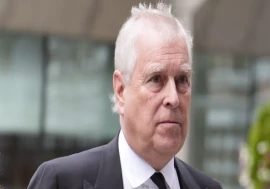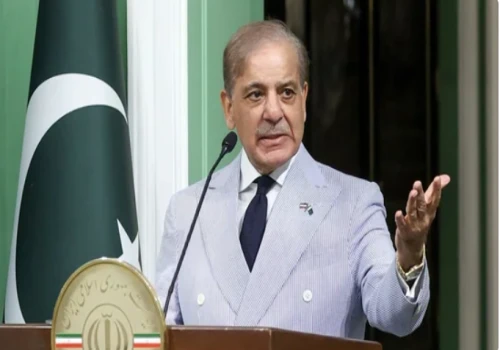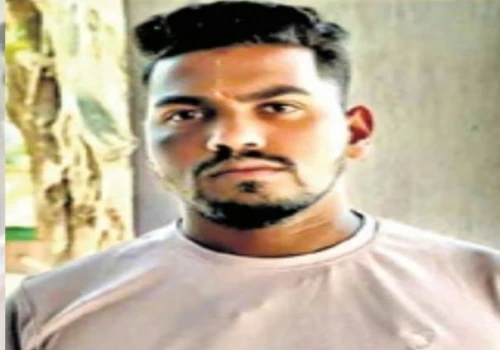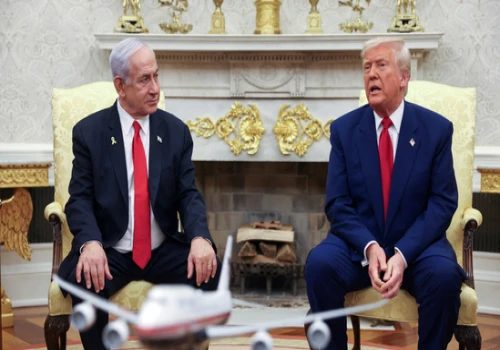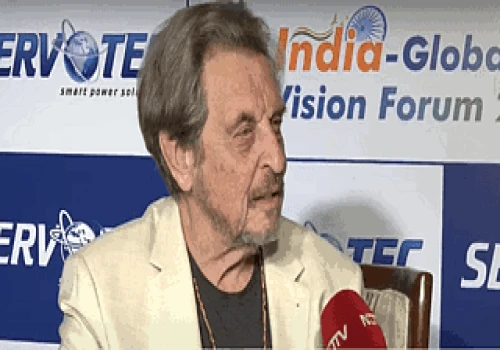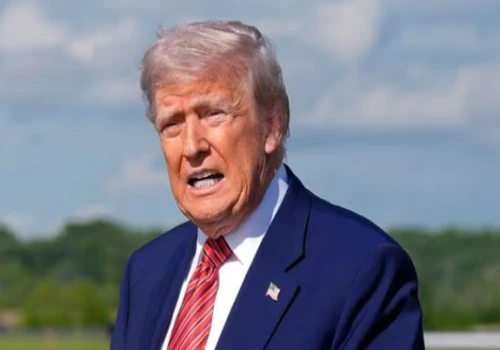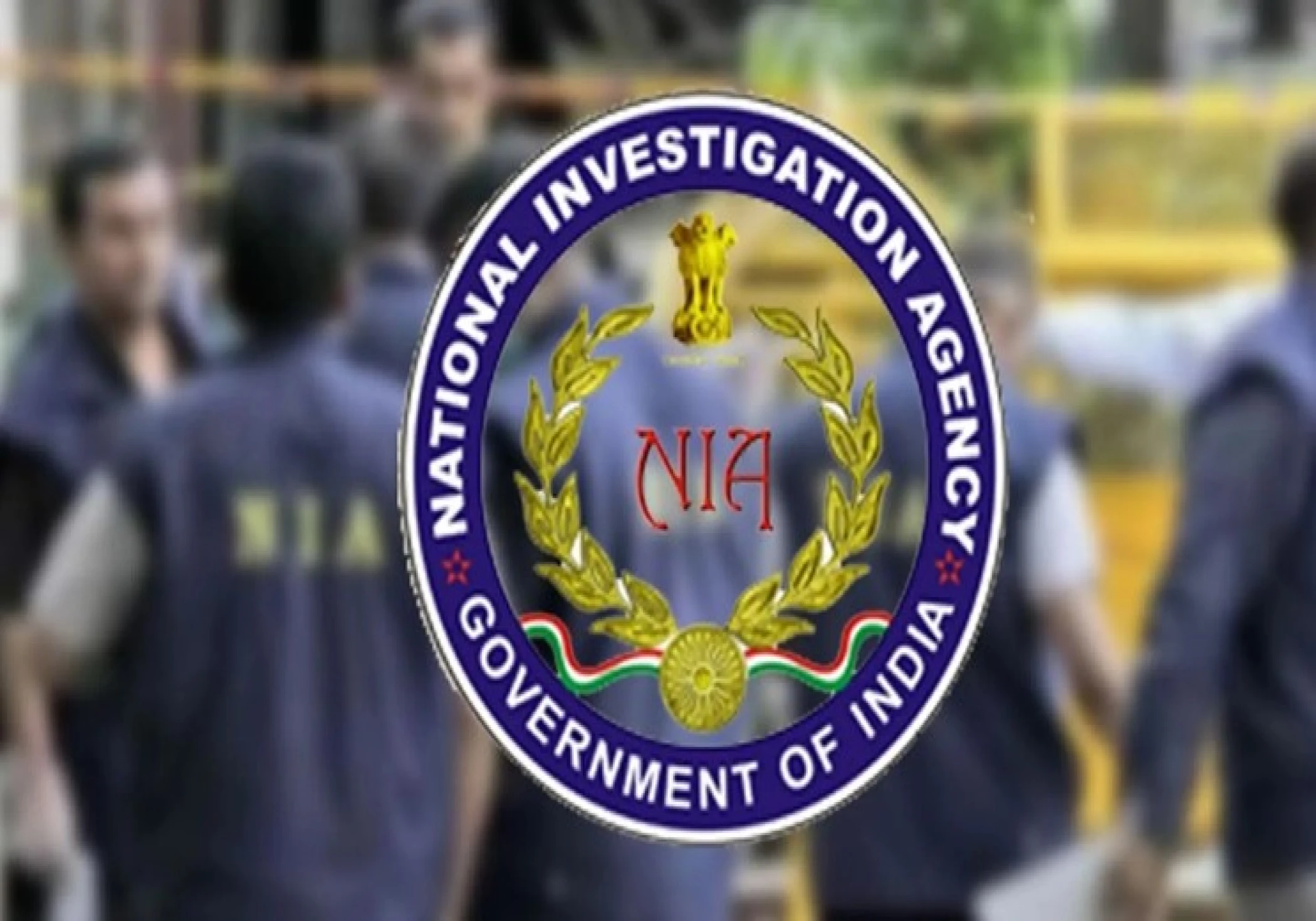
The NIA (National Investigation Agency) been conducting extensive inquiries to thwart the terrorist group's attempts to incite dread and violence throughout the nation of India.
NIA teams raided up to 40 locations in Pune, Thane, Padgha-Borivali, and Mira Road in Maharashtra and Bengaluru, Karnataka, apprehending the 15 people charged with inciting terror and terror-related acts and activities of the banned organization.
These raids, which were carried out as part of the national agency's efforts to thwart the terror outfit's attempt to carry out violent acts, resulted in the seizure of numerous digital devices, smartphones, firearms, incriminating documents, and large amounts of unaccounted cash.
The accused had been actively involved in a variety of terrorist activities, including the fabrication of Improvised Explosive Devices (IEDs), in order to further the violent and destructive agenda of the Islamic State of Iraq and Syria. They were acting under the orders of their foreign handlers.
The Indian Penal Code, the Explosives Substances Act, the Arms Act, and the UAPA Act all have different sections that address the charges.
Shahnawaz Alam, an Islamic State (IS) terrorist sought by the NIA in relation to the Pune ISIS module case, was apprehended by the Delhi Police in October.
Alam was taken into custody a few days after the NIA offered him a Rs 3 lakh reward. In the follow-up action, Arshad Warsi and Mohammad Rizwan, two more suspected terrorists, were also taken into custody. Alam, an engineer by trade, was discovered to be in possession of a chemical substance, which was taken.
Regarding the case, the NIA claimed to have taken evidence against Shamil Saquib Nachan from his Thane district home in August, when he was arrested.
The NIA had earlier filed its first supplementary charge sheet against nine Karnataka residents in connection with an alleged ISIS plot to conduct terror attacks throughout India.
Five of the nine accused had technical backgrounds, and they were required to enroll in robotics courses in order to acquire the skills necessary to carry out terror attacks in the future. The NIA claimed that the ISIS handler with a foreign location gave them these discussions.
ISIS, also known as Islamic State (IS), is a transnational terrorist organization. The terrorist group has been implementing locally tailored modules to disperse its terror network in several nations, including India, with the goal of establishing a Caliphate.
The Unlawful Activities (Prevention) Act, the Indian Penal Code, and the Prevention of Destruction and Loss of Property Act were the legal charges that were brought against the nine individuals.

